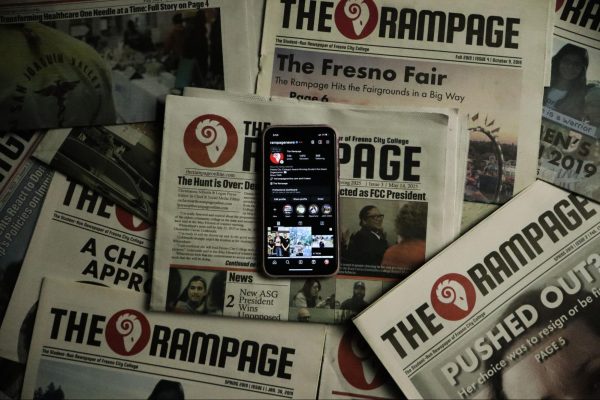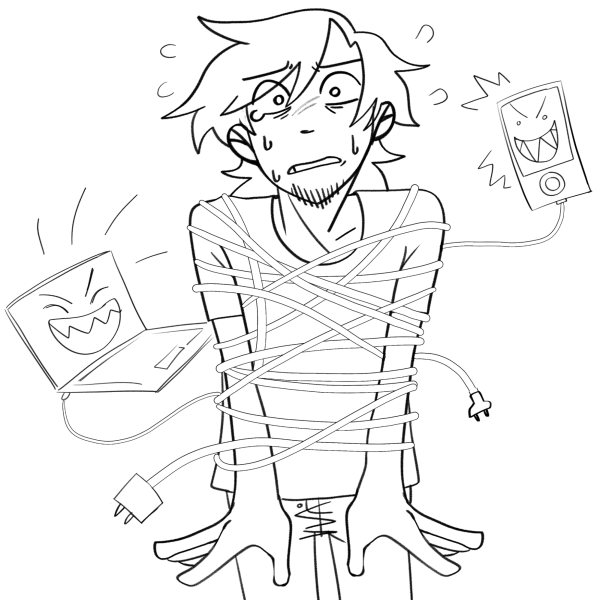John McCain, and the Failures of the Death Discourse Online
John McCain passed away in his home from complications of brain cancer, the New York Times reported on Thursday, Aug. 24. He was 81.
That McCain was a POW, a war hero, and a politician with a reputation for integrity and non partisanship doesn’t really need to be said. That this reputation was largely inflated by his penchant for the dramatics does, maybe.
There was something cinematic, no, poetic about his infamous “thumbs-down” no-vote on the “skinny repeal” of the Affordable Care Act, often called Obamacare. There he stood, a Republican in the Trump era, one of the Obama administration’s constant critics, suffering even then from a malignant brain tumor called a glioblastoma.
Thanks to the Republican’s razor-thin majority in the Senate, McCain would be the arbiter of the Republican effort to repeal the ACA. He would be the deciding vote.
He put his thumb down, and derailed one of Trump’s most promised and specific policy agendas forever.
Still, that repeal effort could never have gotten as far as it did without his help. He also voted to undo the ACA’s mandate, the enforcement mechanism that keeps the law from unraveling at the seams. To say nothing of the fact that he voted alongside Trump 83 percent of the time.
He was a complicated person. Or rather, a conservative that some praise as a hero, and others disparage as a warmonger.
If John McCain is a hero the word is bankrupt of all meaning. In truth he was an incorrigible warmonger and imperialist whose deeds ensure that upon his death he went straight on a rocket ship to hell. #JohnMcCain
— John Wight (@JohnWight1) August 28, 2018
That was only one of dozens of tweets I saw. My headline was infested with McCain hot takes, most of them negative.
One of McCain’s most famous moments featured prominently. It was back during the 2008 presidential campaign at a town hall. “I can’t trust Obama. I have read about him,” a woman said,
“and he’s not, um, he’s an Arab.”
“No, ma’am,” McCain said, “he’s a decent family man.”
before you cheer for that old mccain clip of him saying “obama isnt an arab, hes a decent man” keep in mind the subtext there is that arabs are not decent. that wasnt a moment of civility that was the same shit as always, he was just disagreeing with someone on how racist to be
— jon hendren (@fart) August 26, 2018
Arab Americans then and now widely criticized the comment as racist. The statement on its face creates a dichotomy between a bad thing (an Arab) and a good thing (a decent family man).
False dichotomies like this which frame one racial or ethnic group as lesser or criminal compared to some other ideal are nothing new. There’s nothing radical or post-politics about using disingenuous framing like that.
But charitably, we can assume that McCain’s intentions were good, that in the heat of the moment there was ill-considered rhetoric, that rejecting the woman’s statement was a good moment for politics. It is easy to imagine Trump leaning into that moment. “We don’t know what he is,” he might have said. “We just don’t know.”
Still, that doesn’t invalidate the feelings of the communities most impacted by that well-intentioned but ultimately irresponsible rhetoric.
The heart of this issue is not that it’s impolite to criticize the dead, or wrong to condemn a war hero and POW for his advocacy of an aggressive and ultimately harmful foreign policy–the heart of it is that our unending need to shape people into heroes or villains, into a dichotomy, is the great weakness of our discourse surrounding the dead.
We don’t mourn. We gesture.
The truth is that McCain was a drama king. The truth was that McCain underwent torture and pain that would break any normal man. The truth is that McCain used anti-Asian slurs. The truth is that McCain saved the ACA, after endangering it. The truth is that he was a sane, moderate voice in politics. The truth is that compared to Trump, anyone looks sane and moderate.
McCain was a human being. It’s impossible not to feel disgust seeing the vitriol and the jokes on twitter. It’s impossible not to think of his family reading these things.
And it’s impossible to ignore that his legacy wasn’t pure, that it hurt people. For every life saved by the ACA there are so many lost to the wars he voted for. This is an inescapable truth.
We mourn people not as they are, but what we understand them to be. All we have to go on is our impressions of their words and deeds. And certain deeds we downplay, while others we embrace.
It wasn’t a good look for the Left when everyone dragged Alexandria Ocasio-Cortez–the upstart progressive that unseated an establishment Democratic candidate in a New York primary–for suggesting that McCain was a human with good qualities.
John McCain was complicit/responsible for the incineration of thousands of women and children, the decimation of entire nations, and creation of thousands of destitute, desperate refugees. Eulogizing him demeans and devalues us as humans.
— Hernan Tasies (@Tasies) August 26, 2018
There’s value to appraising McCain as he was, as a complicated man with flaws, whom a lot of people respected and loved, who is now dead at the hands of a horrible disease.
“I do not cry for a perfect man,” Lindsay Graham said, on the floor of the Senate. “I cry for a man who had honor and always was willing to admit to his imperfection.”

Tommy Tribble is the 25-year-old editor in chief of the Rampage, formerly the opinion editor. Tommy is an English major, a writer, an aspiring novelist,...





